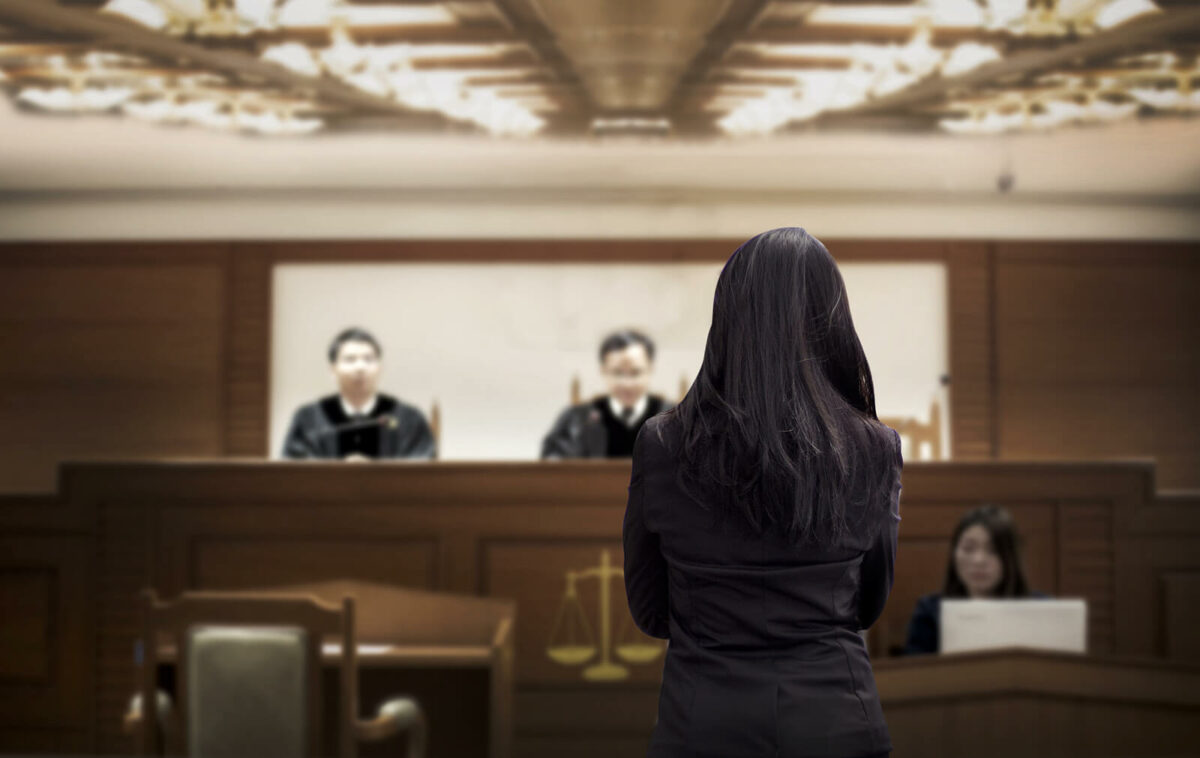A witness answers questions under oath, whether during a deposition or a trial. They are generally prohibited from offering opinions or analyses, with the exception of expert witnesses. A testifying expert may contribute technical, scientific, medical, or other specialized knowledge related to their field of expertise.
If the information is scientifically sound, an expert can testify about their own conclusions. In doing so, they must rely on the same types of evidence someone in their profession ordinarily would. The information and documents they provide must be made available to both parties during discovery. These can be also included in a testimony to assist a jury.
How the Process Works
An expert must prepare a report that summarizes their analysis and conclusions, before the trial begins. All the information they provide must be shared with all parties involved in the case, per Rule 26(a) of the Federal Rules of Civil Procedure. Other parties therefore have the information needed to cross-examine the expert. For information that is generally inadmissible in court, judges can consider it depending on witnesses’ qualifications.
Testifying Expert vs. Consulting Expert
A testifying expert’s role includes forming an opinion, preparing a report, and testifying. All the information they provide is subject to disclosure. This differs from the role of a consulting expert, who typically does not help develop a litigation strategy or analyze negative facts and materials an attorney doesn’t want disclosed to the opposing party. The statements and documents a consulting expert provides is not subject to disclosure in federal court, while those a testifying expert does are.
In addition, the consulting expert’s work is not discoverable, so their opinions, notes, and even their identity may not be disclosed. Also, communications between consulting experts and the parties involved in the case are more protected by law. Federal rules do permit changes to an expert’s designation, although a local jurisdiction’s rules may impact access to confidential materials.
Expert Witness vs. Fact Witness
A fact witness is someone who provides testimony that’s based on their own point of view. They generally don’t offer any opinions. The account they provide is purely based on recollection using sight, sound, smell, etc.; this individual is often called an eyewitness. A fact witness may simply be needed to authenticate documents to be used as evidence, while a police officer can be a fact witness and testify on what they saw at a crime scene, provide photographs they took, and submit the report they wrote and filed.
Use of Experts in Federal Cases
Federal court requires an expert to be disclosed 90 days before a trial starts. However, judges can set a different timeline if necessary. For an expert to provide rebuttal testimony, the timeline varies, but this disclosure must be made within 30 days of receiving the other party’s opinion. State courts may differ in the rules for handling the disclosure of information.
A disclosure must include a witness report that includes the opinions they wish to express, the basis and reasons for them, and all the facts the witness considered. The report must also include exhibits the witness intends to provide. Expert qualifications, including publications they’ve authored in the past year, and cases they’ve testified during the last four years, must also be revealed, along with an accounting of their compensation.
Also, federal civil rule protects experts’ work products, including drafts of their reports and oral and written communications between them and their attorney. However, facts, circumstances, and assumptions provided by the attorney to the expert must be disclosed. This means the attorney and expert can discuss all matters of the case and explore various theories without concern the opposing party will obtain and exploit the information shared.
Call Jacob Today
A testifying expert can be an important asset in your case. At the Law Offices of Jacob Emrani, we provide full representation every step of the way. If you’ve been seriously injured in an accident, we’ll help you get the compensation you deserve, no matter what it takes. From filing your claim to reaching a settlement, our team will be on your side. Call 888-952-2952 for your free case evaluation.



